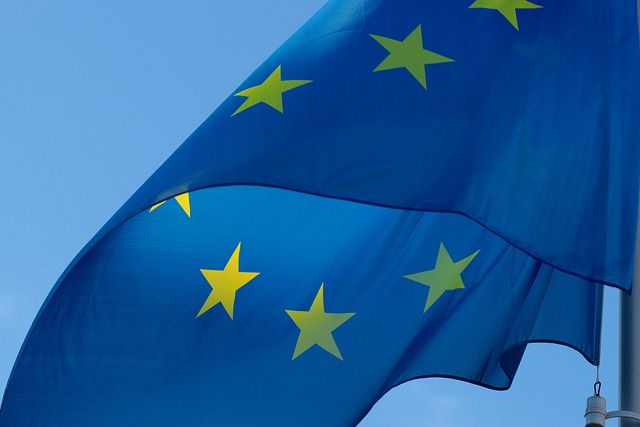The European Union begins a new chapter in its patent system with the arrival of the Unitary Patent
It will be next June 1st when the new European patent system arrives, which will allow the same invention to be protected in most European countries filing a single application with the European Patent Office (EPO). The main objective of this Unitary Patent is to simplify and make the current European patent system cheaper and end high validation requirements and translation costs in contracting countries.
The new Unified Patent Court (UPC) will become the competent body to decide on the validity of unitary patents and other classic european patents.
Last February 17th, the German government deposited its instrument of ratification of the Agreement on a Unified Patent Court (UPC) with the Council of the European Union. Although this Agreement was scheduled to be effective ten years ago, in 2013, it will not be until next June when it becomes official.
Why has the unitary Patent taken so long to be effective?
In order to patent owners could access unitary and uniform protection in a more agile and simple way, the European Parliament and the Council of the European Union published in 2012 Regulation (EU) No 1257/2012, which regulated and strengthened cooperation to create unitary patent protection. A year later, the Agreement on the Unified Patent Court (UPC) was also adopted.
Why, then, has it taken ten years to be effective? The Agreement itself listed some requirements that had to be met for that effect:
- That it be ratified by 13 member states
- That it be ratified by the three Member States in which the highest number of European patents had been issued during the year prior to its entry into force (Germany, France and Italy).
With Germany’s ratification last February, the new unitary patent system will officially enter into force within four months.
The Unitary Patent System is the most important reform of the European patent system since its creation in 1973. The European Patent Office (EPO) launched the first steps to adopt this new system on 1 January, and more than 2,200 unitary patent applications have already been filed.
As of June 1st, the Unified Patent Court (UPC) will be operational in 17 Member States: Germany, France, Belgium, Bulgaria, Denmark, Estonia, Finland, Italy, Latvia, Lithuania, Luxembourg, Malta, the Netherlands, Austria, Portugal, Sweden and Slovenia.
Why has Spain not ratified the Agreement?
Spain is not currently among the countries that have ratified this agreement. In order for foreign companies to enforce their patents, it will continue to be necessary to carry out the procedures that have been in force until now, i.e. register the patent at European level, and then file a validation in our country.
According to the Spanish Government, one of the reasons why Spain has taken this decision is that patents will have to be drafted in English, German or French, with the translation costs that this would entail for Spanish companies wishing to apply for them.
Lidermark offers you a patent registration service both nationally and internationally. Contact us and we will take care of the whole process.






Leave A Comment